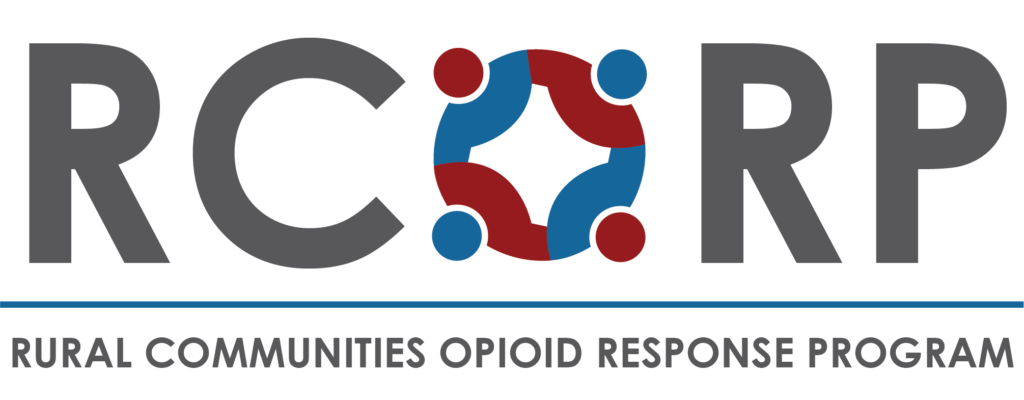Budgeting for Rural Recovery Residences
This course covers the basics of recovery house financing considerations, including capital expenses, operating expenses, stopgap funding, and ways to become sustainable.
Insurance for Recovery Housing
Buying insurance for your recovery house.
Insurance for Recovery Housing
Purchasing insurance for your recovery house is different from insuring your own home. Recovery housing insurance is nuanced and may require discussions with your board and insurance agent, and not all insurance agents are skilled in recovery housing insurance. You may have to look at other insurance companies to get appropriate coverage.
How to Select a Site
“Finding the right spot for a recovery residence isn’t easy. Considerable time, effort, and forethought are required, but due diligence in advance can pay off handsomely later. That’s because location is so important to a home’s ultimate success or failure. This is particularly true in rural areas because of the close-knit, symbiotic relationship houses have with the surrounding community. No residence is an island, but in remote areas the recovery houses must be especially mindful of location so they can access the services needed to provide a complete Continuum of Care.”
Insurance for Recovery Housing
This course provides you with an overview of the different items you should investigate as you seek to obtain insurance for a recovery housing site.
How to Create a Rural Community Needs Assessment
Guidelines and Resources List: To help you assess the needs of the rural communities you serve
How to Engage and Organize Communities
Community Organizing and Engagement for Recovery Housing Development and Expansion
New Tools for Rural Recovery Housing
Webinar on tools for recovery housing operators

